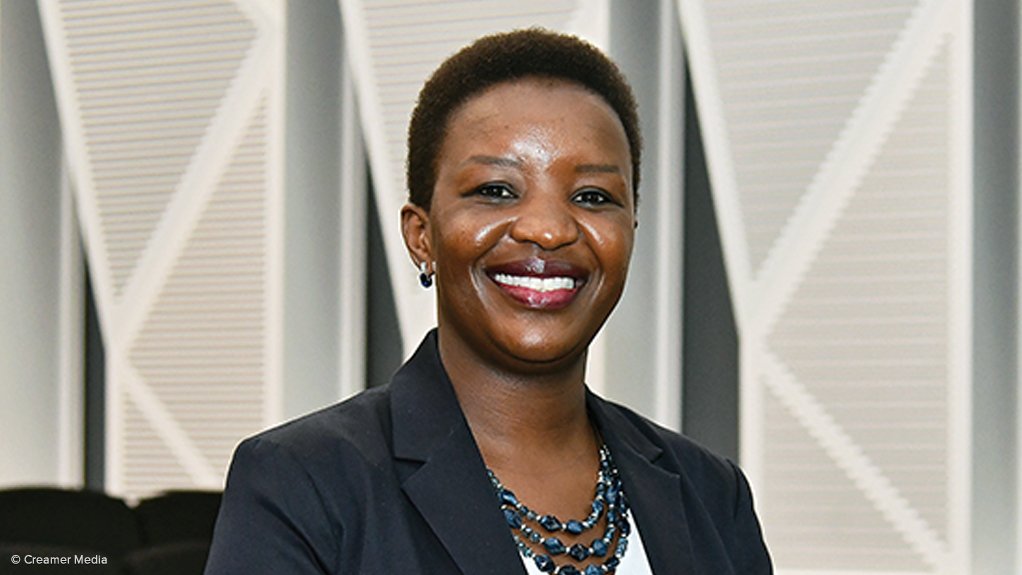The financial state of the country’s municipalities is concerning and a considerable constraint on economic growth, business organisation Business Leadership South Africa CEO Busi Mavuso warns in her weekly newsletter.
In the Auditor-General’s (AG’s) report for the 2023/24 year, Cape Town was the only metro to receive a clean audit, with Buffalo City, Tshwane, Mangaung and Nelson Mandela Bay getting qualified audits, indicating material failures in their accounts.
Johannesburg, eThekwini and Ekurhuleni received unqualified audits but with findings, indicating that the accounts are reliable but that some matters need attention, Mavuso details.
“The worst opinion of an auditor, a disclaimer, means the auditor has not been able to form an opinion on the financial statements at all. Sixteen of our municipalities get that serious censure,” she points out.
Mavuso posits that the state of financial management is also aligned with the poor level of basic service delivery.
The AG’s report indicates that the challenges are driven by a lack of financial management skills and vacancies.
Mavuso acknowledges that there has been evidence of improvement in some areas.
The number of municipalities getting a disclaimer audit opinion has decreased to 14 from 28 in the 2020/21 year when local government elections saw new councils elected.
The AG attributes this improvement to good support from provincial treasuries to assist municipalities’ financial function.
However, the AG says metros have continued to regress since 2020/21, with three downgraded in the past year.
The AG singled out Johannesburg and Tshwane for not budgeting adequately for infrastructure maintenance.
She also flagged the culture of municipalities approving unfunded budgets – expenditure that cannot be covered out of the revenues the municipalities receive.
“It should concern all South Africans that elected councillors can willingly approve spending plans for which there simply isn’t the money. That is not budgeting – it is reckless spending,” Mavuso emphasises.
Controls over expenditure are also considered to be problematic.
Johannesburg is top of the list, with R2.76-billion in unauthorised expenditure, followed closely by Tshwane with R2.15-billion.
The AG also reviews municipalities’ performance reports, which municipalities are legally required to produce to show how they are performing against their own targets.
There has been no improvement since 2020/21, with only 26% meeting the AG’s quality standards on submission, Mavuso notes.
Owing to corrections made after submission, 52% ended up meeting standards; however, this means that almost half still fail, Mavuso points out.
“The AG’s report is a very helpful spotlight on one of the drivers of service delivery failure in local government. This is now a national priority and one of the biggest constraints on economic growth. Service delivery failure often means businesses can’t function,” Mavuso emphasises.
She calls for decisive intervention in municipal performance, supported by Operation Vulindlela, with a need to bring people into municipalities who are capable of delivering on action plans that will improve the financial function.
“The AG also points to weak IT, again driven by a lack of skills and controls. These help paint the picture of what Operation Vulindlela needs to contend with. An army of highly capable finance professionals is going to be needed,” Mavuso stresses.
EMAIL THIS ARTICLE SAVE THIS ARTICLE ARTICLE ENQUIRY FEEDBACK
To subscribe email subscriptions@creamermedia.co.za or click here
To advertise email advertising@creamermedia.co.za or click here











